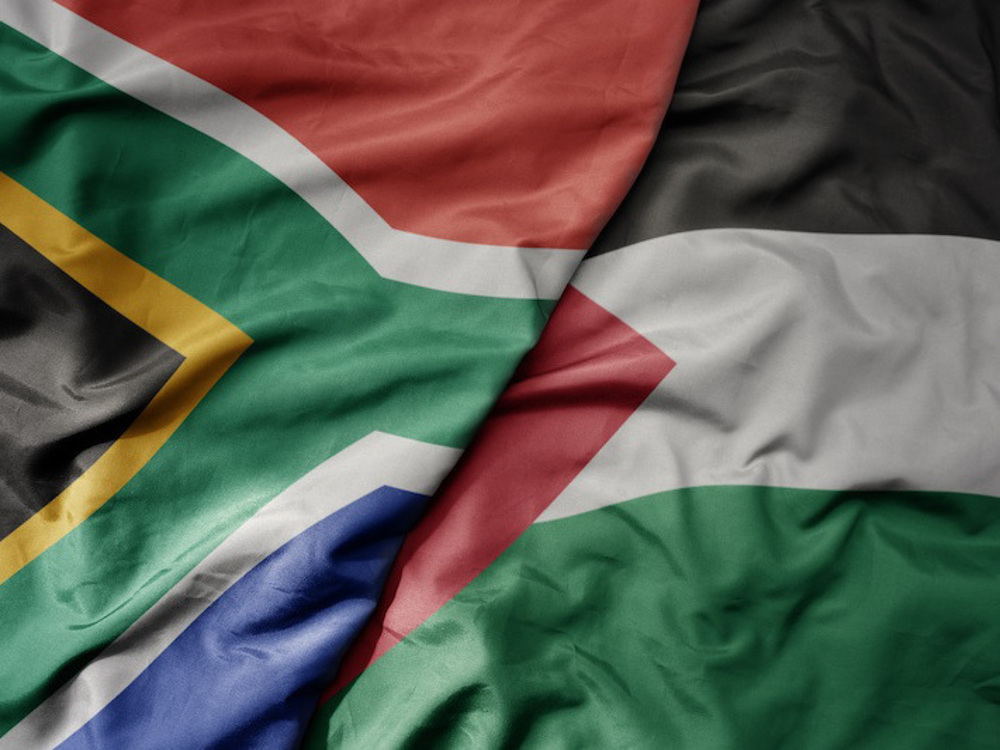Libya's unity government accuses France of backing ‘criminal’ Haftar
Libya's internationally-recognized Government of National Accord (GNA) has accused France of backing renegade General Khalifa Haftar as his forces press ahead with an offensive on the capital Tripoli.
The unity government's Interior Minister Fathi Bach Agha said on Monday that the French government was supporting "the criminal Haftar."
The GNA will cut security ties with Paris, Agha said.
The comments triggered surprise in the French embassy and prompted a swift denial of the "unfounded" allegations.
Supporters of the UN-backed GNA say France has blocked resolutions at the UN Security Council, the European Union and other international organizations opposing Haftar's offensive.
Analysts believe Paris sees Haftar and his so-called Libyan National Army (LNA) as a potential stabilizing force in an African country rocked by years of conflict.
Hundreds of Libyans held a protest against France in Tripoli on Friday, sporting trademark yellow vests of French anti-government demonstrators and condemning both France and "war criminal" Haftar.

Libya has been divided between two rival governments, the House of Representatives based in the eastern city of Tobruk and the GNA headed by Prime Minister Fayez al-Serraj in Tripoli.
The 75-year-old Haftar, who enjoys the loyalty of a group of armed militia and backing from Saudi Arabia, the United Arab Emirates and Egypt, has taken upon himself to protect the government in Tobruk. Armed forces and militia loyal to the GNA have been fighting back.
Haftar launched his deadly campaign on April 4 to invade and conquer Tripoli, the seat of the GNA, resulting in constant fierce fighting on the southern edges of the capital.
According to the World Health Organization (WHO), the fighting has so far killed at least 205 people and wounded more than 900 others. The International Organization for Migration (IOM) also reported that more than 25,000 people have been displaced by the clashes.
Libya has been the scene of increasing violence since 2011, when former dictator Muammar Gaddafi was toppled from power after an uprising and a NATO military intervention. Gaddafi was killed.
His ouster created a huge power vacuum, leading to chaos and the emergence of numerous militant outfits, including the Daesh Takfiri terrorist group.
‘Ethnic cleansing’: Hamas blasts Israeli attacks on Gaza hospital amid intl. silence
Saudi delegation meets HTS leader at presidential palace in Damascus
Relentless Israeli ceasefire violations justify need for self-defense: Lebanese MP
Tel Aviv tells Damascus Israeli forces will remain in occupied territory: Report
Dec. 22: ‘Axis of Resistance’ operations against Israeli occupation
‘Abhorrent’: Oxfam says only 12 trucks delivered aid in North Gaza since Oct.
VIDEO | Leader receives religious eulogists on Hazrat Fatima birth anniv.
Pope Francis slams Israel’s ‘machine-gunning’ of Gaza children













 This makes it easy to access the Press TV website
This makes it easy to access the Press TV website